Dealing with the Regret of Deconstruction
June 10, 2021
“But then you wouldn’t have met me.”
This is my husband’s go to line throughout the many years of my deconstruction. When you tear apart the fabric of your spiritual and identity formation, one familiar theme emerges over and over again: regret. I mean, I think given the finitude of being human, we all experience some regrets as we peer into our past:
“I wish I could’ve asked that girl out,”
“really should’ve gone on that vacation to Europe,” or
“it would’ve been neat to try out this hobby, or that potential career.”
But I think it is more pronounced for those of us who have shifted entire belief systems since everything about our lives was built with it as our core motivation. That was the mandate: do everything for the glory of God. For those of us who obeyed, then changed our minds, we are doomed to a cycle of terrible regret. Unfortunately, I’ve been on the ride of that merry-go-round too many times to count.
The more I questioned the doctrines of my belief, the more I questioned the choices I made in the past, including the schools I attended, the career path I chose, the people I spent time with, the things I wrote both in private and in public, and just, everything. Facebook memories is a hell of cringe for someone who faith deconstructed.
“But then you wouldn’t have met me.”
I am fortunate that one of the things I do not regret is the man I married for 20 years and counting, which is nothing short of a miracle since our romance was forged at the height of evangelical fervor, at the Harvard of Christian Colleges, senior panic year, young, bright-eyed, and saving sex until the vows. And no, deconstruction has not ended our marriage, the way it has rightly so, ended many.
My husband says this to me, in his signature gentle tone, hoping, I think, to yank me out of the spiral of regret I embark on when I’m in one of those moods. It is effective, because it floods me with endorphins and oxytocin, which are mood-regulatory hormones my body responds well to.
But my intellect is not so easily tricked. I know it is possible to cherish some of the things in my past and at the same time regret everything else. I know, even if some good has come out of being raised in that system, that it’s still a toxic system I want no part in anymore. Even a happy marriage does not take away the grief of past trauma and pain.
This is the great paradox of deconstruction. When we change our minds, we are flooded with regret of our past decisions (whether they were voluntary or coerced), but even if we could, and we can’t, go back and undo our timeline, we can’t know if our alternative timeline would’ve crowded out some of the good that we have in our lives now.
And most importantly, deconstruction means evolution. It means we are learning, growing, and because of new information, we are changing our minds. That’s a very good project we should engage in, but that means if we’re doing it right, we’ll forever be dealing with regret. If we are always becoming a better version of ourselves, there will always exist a worse version of ourselves we have to contend with.
It is untenable to live with the misery of regret as a constant companion. The merry-go-round will whip us into a dizzying frenzy and we really have to get on with more life-giving things.
I think we need to leave the space-time continuum alone. Until we develop technology that allows us to actually go back in time and change the past, we can’t. What happened is what happened is what happened. The things that we did, the things done to us, the life that swirled around us is what happened.
But things are not nearly as bleak and passive as the “shit happens, deal with it” slogans would have us believe.
We can marvel at our capacity for regret, which means we have tried to know better and do better. We can use our new information to forge better paths forward, not only for ourselves but for others who may find themselves in our past shoddy shoes and offer them updated choices. We can be grateful that we are still alive and can reclaim what we’ve missed out on.
Watch the ex-vangelical go wild after a lifetime of religious restrictions and you’d be surprised how much pleasure one can catch up on in just a short time. (To be clear, if I sound sarcastic, I’m not, I endorse this practice.) Time is really weird, it can stretch long or spring short depending on how we fill it.
So the internet memes are right, IT’S NEVER TOO LATE. Go, do the thing.
We all have the human right to tell our own story. Our sources of regret is fantastic fodder for the greatest stories. Your experience is yours to decide if it is a sob story, love story, or a redemption story, and it certainly can be all of those and more. We cannot change the events of the past, but we can tell the story of our lives in the ways that are most meaningful to us.
For me, there’s a lot I wish I could’ve changed about my life–true story.
“But then you wouldn’t have met me.” That, is also true.
Join our Round Table on Parenting After Deconstruction!